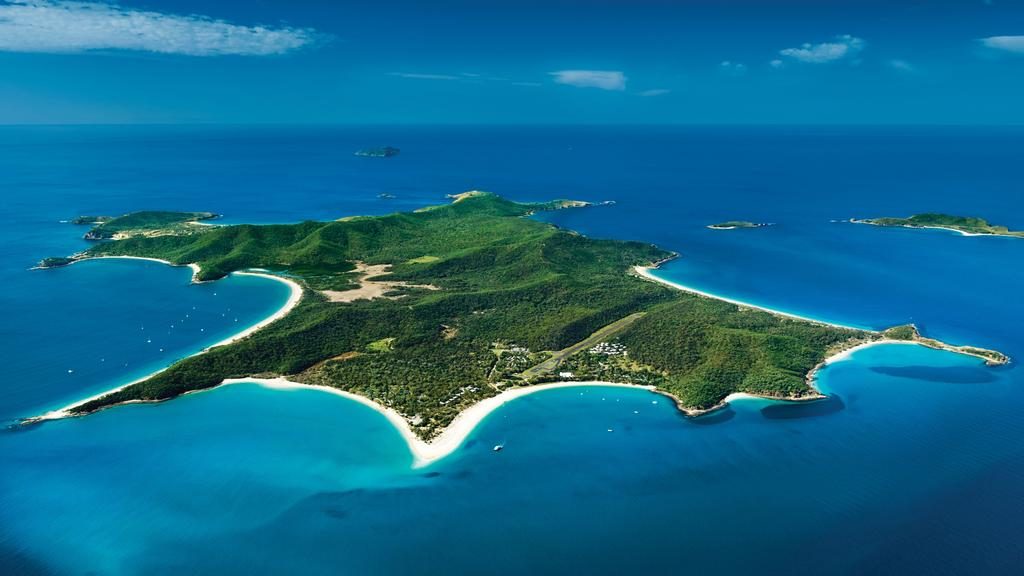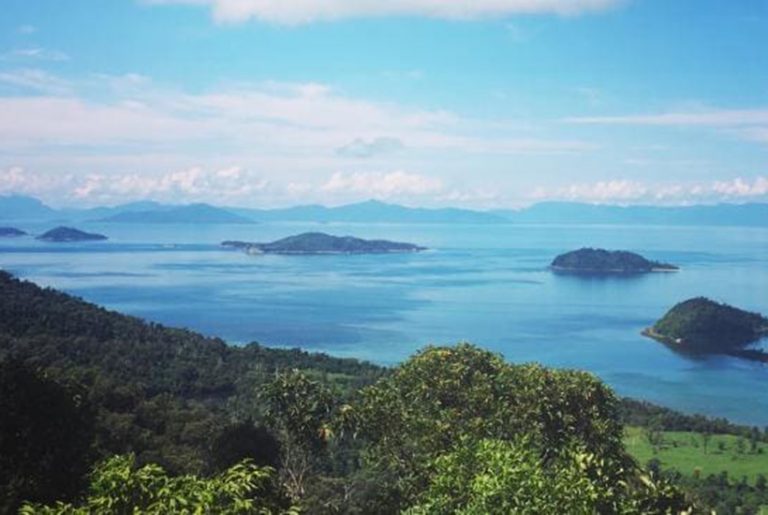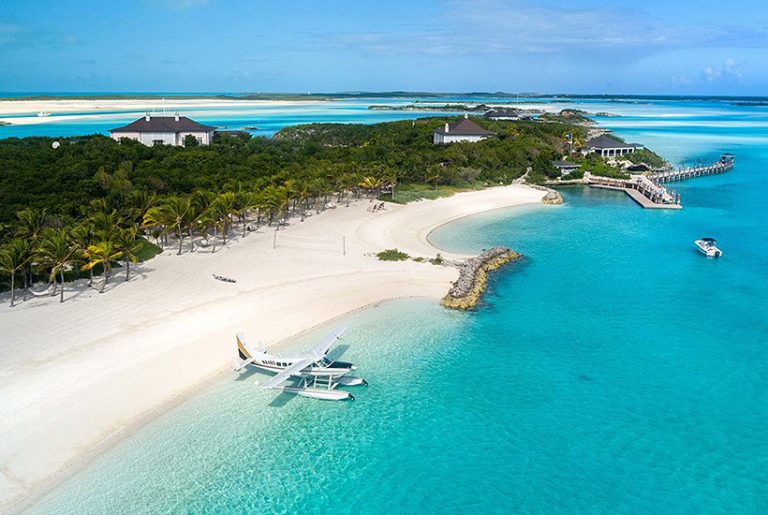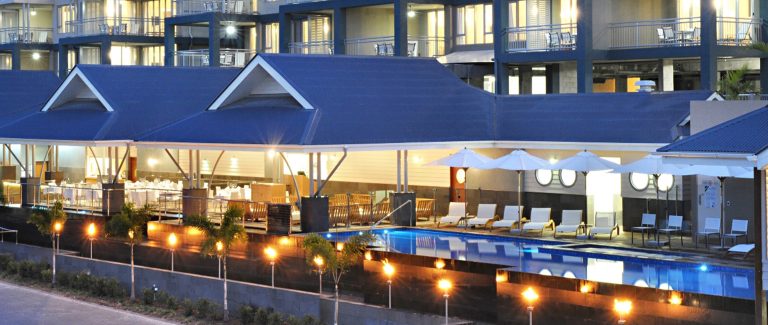The secrets to buying and owning an Australian island

With an $80 million lottery up for grabs on Thursday night there’s an important question we all must ask ourselves: could I buy and live on my own private island?
The answer is yes.
And we’ve got the insider insights to help you do it.
Commercial Insights: Subscribe to receive the latest news and updates
Anne Tillig was a self-confessed “newbie” when she bought Elizabeth Island in Victoria’s Western Port Bay in 1996.
The vast majority of islands in Australia are leasehold or national parks, but Tillig’s is one of the handful in each state that are freehold. She owns it outright.
“The reality is as good as the dream,” she says.

Elizabeth Island in Victoria’s Western Port Bay.
“I think as technology has advanced it’s gotten a lot easier, but it’s a certain sort of person who can own and live on an island.
“It takes about two years to work out if you are an island person or not. If you last beyond that you are probably going to thrive.”
Since 1996 Tillig has added a jetty, a home and all the infrastructure needed to live off the grid on the previously undeveloped island.
And that’s your first step if you want to buy an island, but it’s also one that keeps costs down.

In theory, you could get by without ever heading back to the mainland.
“A jetty and mooring license are about all of our outgoings,” Tillig says.
“I’m off the grid, we generate our own power and water, plus we catch a lot of fish — so you can live really easily here.”
While it’s not the case for all islands in Australia, Elizabeth Island is an unincorporated territory, which means its exempt from land tax and council rates — something you might want to check into if you’re thinking about buying one.
Clem Newton-Brown and wife Jane bought the freehold Picnic Island in Tasmania and developed it as an eco-tourism destination.
In addition to renting the island and its accommodation out every month or so, it is also a great excuse to get away every once in a while.

Clem Newton-Brown bought and redeveloped Picnic Island in Tasmania. Picture: Luke Tscharke.
He advises anyone considering it to think small.
“For bigger resort islands everything needs to go to a commercial scale — waste treatment systems, large diesel generators, staff accommodation,” Newton-Brown says.
“If you are lucky enough to purchase an island, keeping things small will keep costs down. And if you are intending on running it as a business it is best to do so on a small scale to keep costs low.
“And you have got to love it.”

But keeping things small doesn’t mean you can’t make a big impression. Picture: Aaron Jones
But even if you are hoping to keep your costs down, buying an often cheaper undeveloped island could backfire with the potential planning approvals will simply never emerge.
Islands with existing infrastructure were a better bet, he says.
He advises budgeting for any projects to cost twice what they would on the mainland, and to look for creative solutions.
“On Picnic Island we couldn’t get a barge to transport our water tanks so we just siliconed up the hatches and towed them out behind a tinny,” he says.

JLL sold Heron Island on the Great Barrier Reef in 2018.

The island’s resort will now be run by a Canadian hotel company.
Jones Lang La Salle hotels and hospitality group vice president Tom Gibson says most of those who buy an island are first-time buyers and tend to cash in with hospitality and tourism.
“A lot of the transactions were first time buyers into the exclusive island club, but they can perform very well,” Gibson says.
He adds Australia is seen as a safer bet than many of the international islands where political and economic strife could reach even those living on an island.

Wilson Island was part of the deal for the leasehold at Heron Island.

JLL also sold South Molle Island to a Chinese investor group in 2016.
Which helps explain the international interest in some of the firm’s most recent island sales.
South Molle Island sold to China Capital Investment Group for $26.5 million, while Heron and Wilson Island sold to Canada’s Saliance Holdings for about $10 million.
And Great Keppel Island is believed to have snared a figure around the $70 million mark from a Singaporean-Taiwanese high-net-worth buyer.

And the sunsets on offer at Great Keppel Island would be worth every cent.
All of the purchases were for leasehold island resorts.
“But there are people who sell a business to live the dream of buying and living on an island,” Gibson says.
He points to Linc Energy founder Peter Bond who bought Dunk Island in Queensland, though he notes the island had been affected by Cyclone Yasi prior to the businessman’s purchase.

Dunk Island owner Peter Bond also worked to return the island’s resort to operation after Cyclone Yasi blew through the area.

Even after a cyclone, it’s still better than sitting in an office.
While that added cyclone insurance to the potential expenses you will need to consider, it has helped pay for upgraded facilities on a number of profitable Great Barrier Reef islands in the past, he says.
But no matter where you buy, an $80 million lottery win will go a long way.
“That would get you a luxury island on the Great Barrier Reef and a big yacht to match,” Gibson says.
This article from the Herald Sun originally appeared as “The Australian guide to owning an island”.







